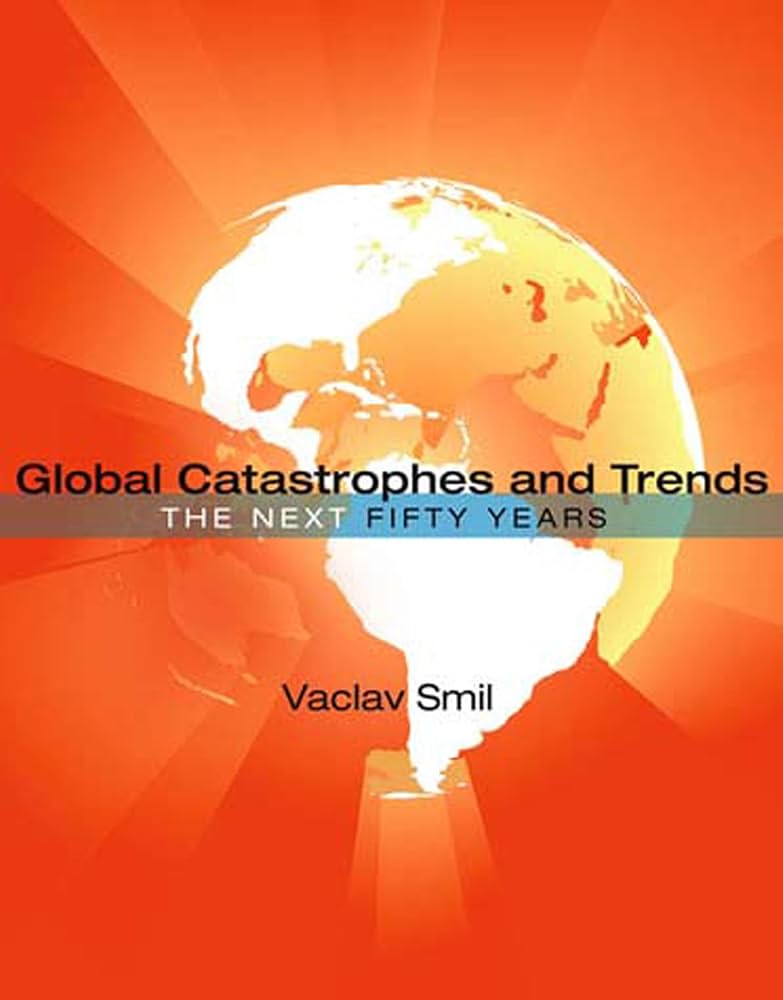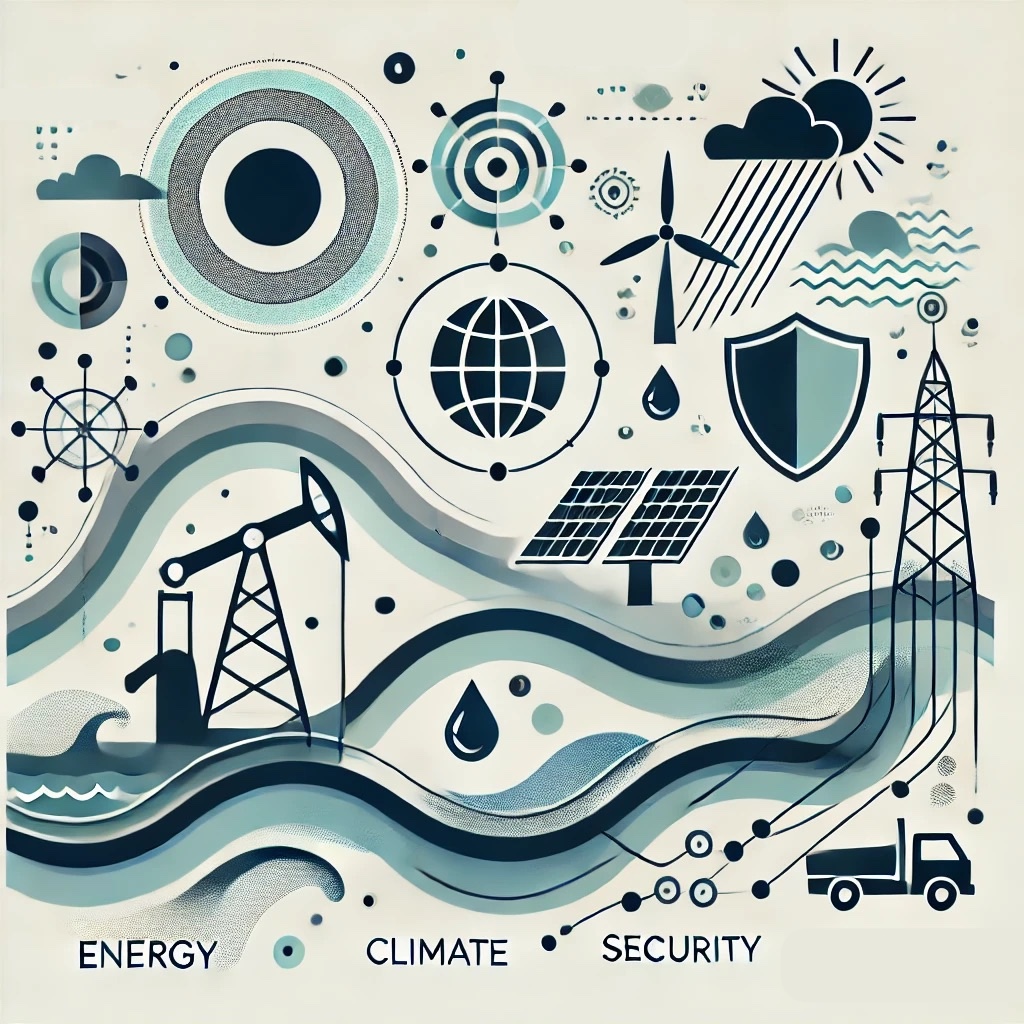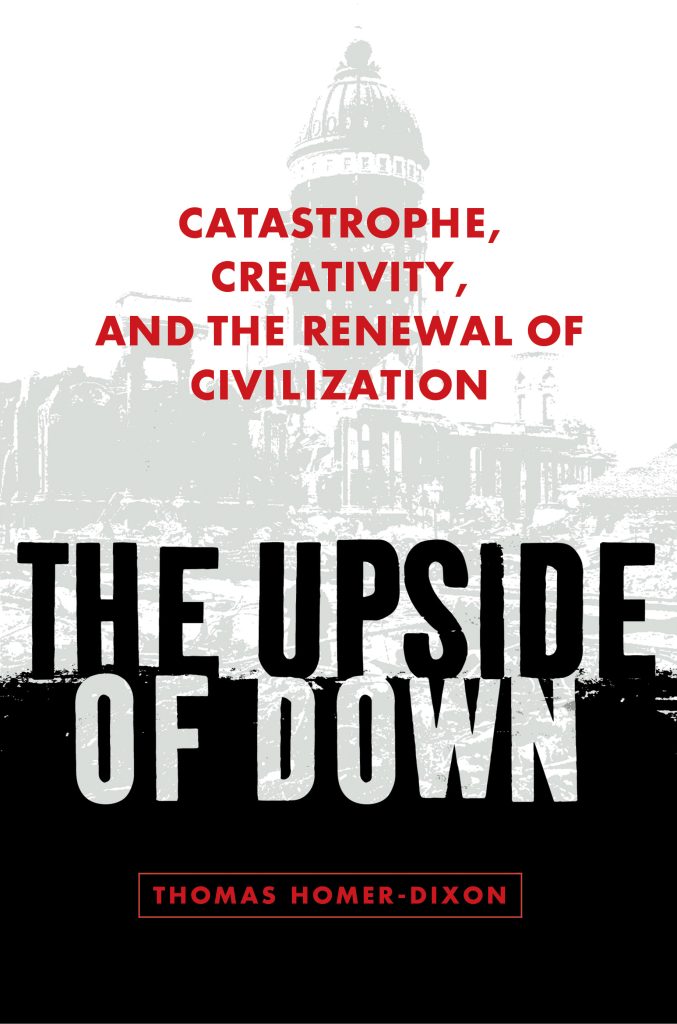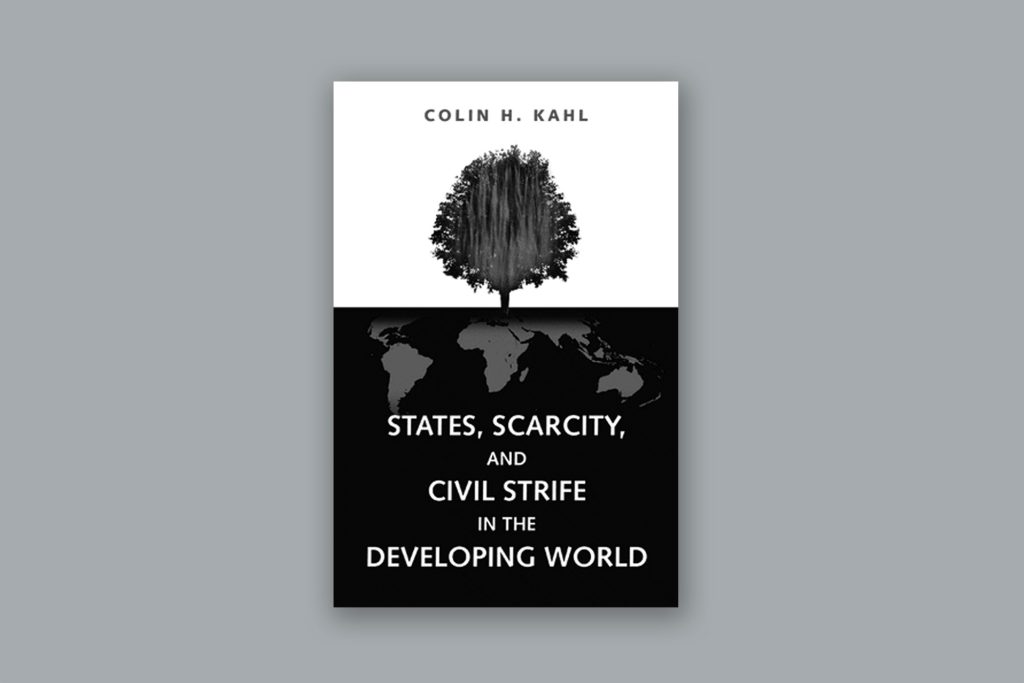The Great Transformation: Climate Change as Cultural Change
A critical conversation about climate change is going on right now through the UNFCCC process; a key stage in this process will be the Copenhagen meeting at the end of this year. This conversation, to the extent that it is prescriptive, generally emphasizes technology and economics. It stresses strategies for dealing with the climate problem that involve technical aspects of, for instance, societies’ energy mix and energy efficiency. I don’t want to disparage these approaches or suggest that they shouldn’t be pursued. But, the fact remains that despite all our efforts we seem to be falling further and further behind.









